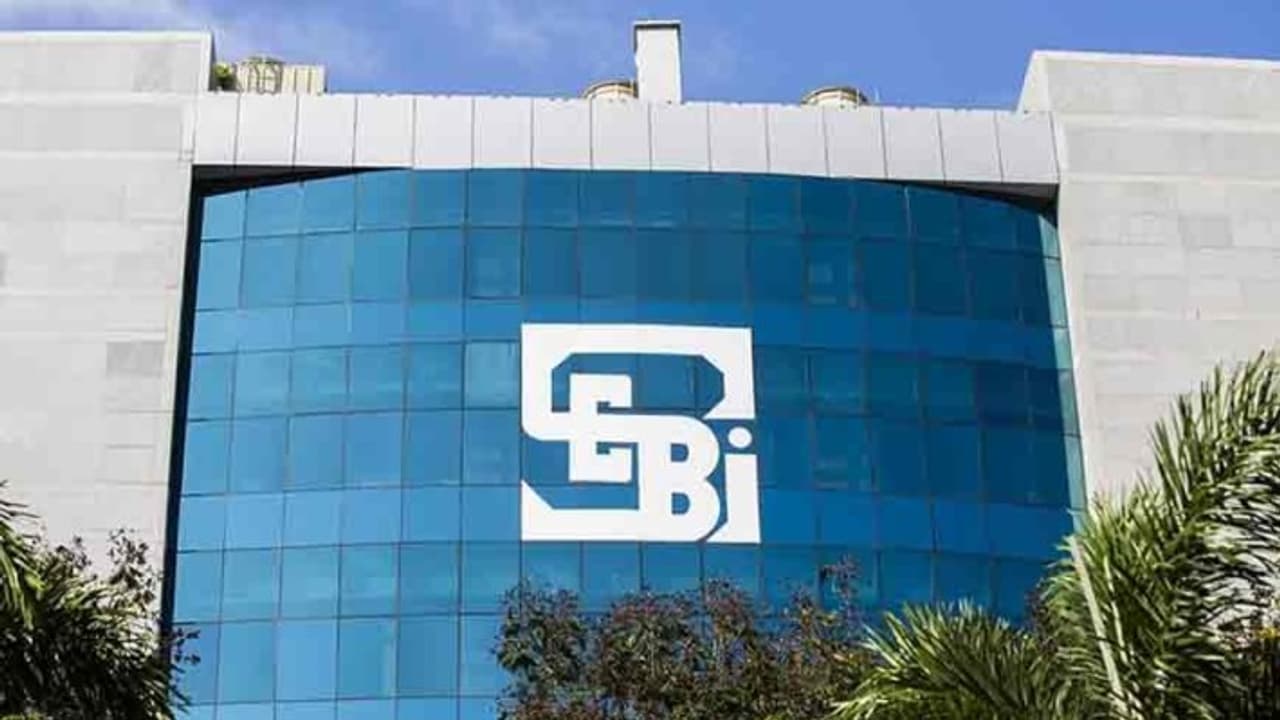SEBI introduced reforms easing IPO, anchor investor norms, and related party transaction rules. Large firms get longer timelines to meet public shareholding. Life insurers now anchor investors. New rules aim to boost market participation.
Mumbai (Maharashtra): The Securities and Exchange Board of India (SEBI) has approved sweeping changes to public offer norms, IPO allocations, related party transactions, and foreign investor access, aimed at easing compliance and broadening market participation. For very large issuers with a market capitalisation above Rs 1 lakh crore, SEBI has recommended amendments to the Securities Contracts (Regulation) Rules, 1957, to stagger compliance with minimum public shareholding (MPS) requirements. Such companies may now list with a lower public float and will be given extended timelines to meet the 25 per cent MPS norm.
If public shareholding at listing is below 15 per cent, it must be raised to 15 per cent within five years and to 25 per cent within ten years. If it is 15 per cent or more at listing, the 25 per cent threshold must be met within five years. For issuers above Rs 5 lakh crore market cap, similar timelines will apply.
The regulator also cleared changes to the SEBI (Issue of Capital and Disclosure Requirements) Regulations, 2018, revising anchor investor norms. Life insurance companies and pension funds will now be included in the reserved anchor investor portion, alongside mutual funds. The overall anchor reservation has been enhanced from one-third to 40 per cent, with one-third reserved for mutual funds and the rest for insurers and pension funds. The cap on the number of anchor allottees has also been relaxed to allow greater flexibility for large FPIs operating multiple funds.
Among other decisions, the SEBI board approved ease-of-doing-business amendments to related party transaction (RPT) rules under LODR, introducing scale-based thresholds and simplifying disclosure norms. The regulator allowed retail schemes in IFSCs with Indian sponsors to register as FPIs, and cleared the SWAGAT-FI framework to streamline access for trusted foreign investors like sovereign wealth funds and pension funds.
The easing coincides with an increase in international outflows in recent months, which are being fueled by high US tariffs, poor profitability, and high valuations.
The new rules have reduced the maximum exit load in mutual funds from 5 per cent to 3 per cent, while introducing new distributor incentives for onboarding women investors and investors from B-30 cities. SEBI reclassified REITs as equity instruments for mutual fund investments, enabling higher participation and possible index inclusion.
It has also lowered the minimum investment threshold for Large Value Funds (LVFs) under AIFs from Rs 70 crore to Rs 25 crore, while creating a new category of AI-only funds with regulatory flexibilities. The market regulator cleared a proposal to establish local offices in key state capitals such as Jaipur, Lucknow, Hyderabad, Bengaluru, and others to strengthen investor outreach.
The new decisions have tightened governance norms for market infrastructure institutions (MIIs), mandating two executive directors with oversight on compliance and risk.
(Except for the headline, this story has not been edited by Asianet Newsable English staff and is published from a syndicated feed)
